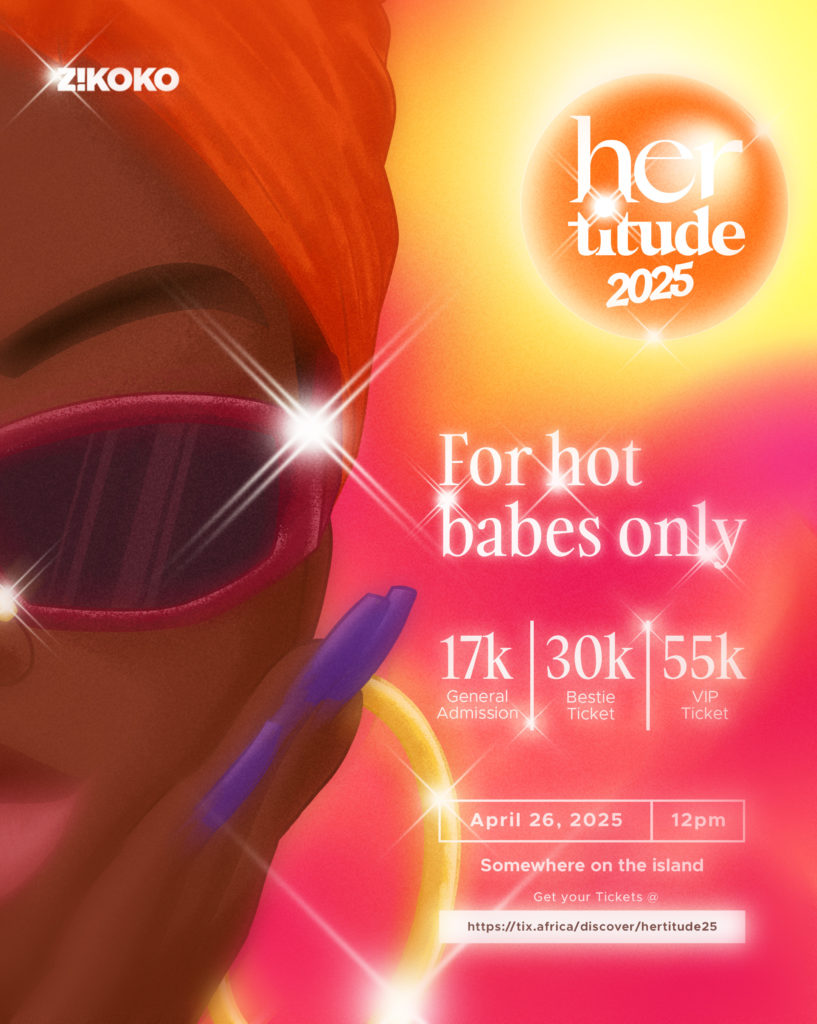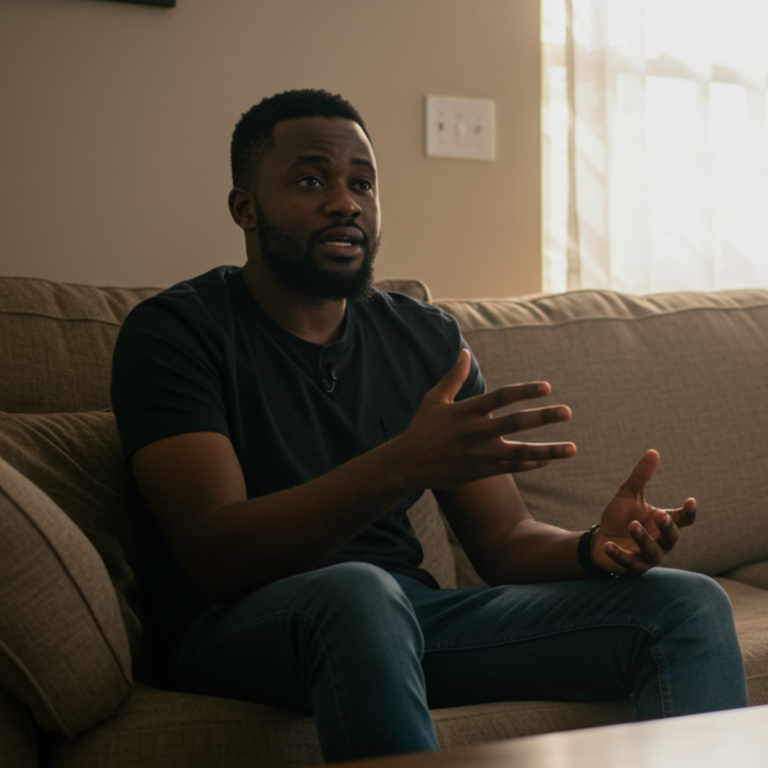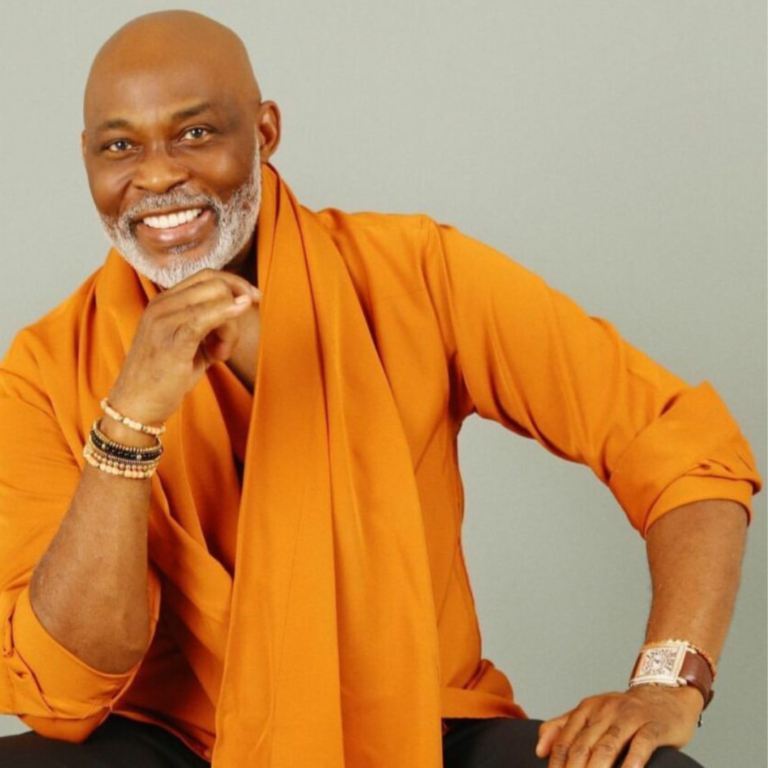There are only a handful of writers working today in the world who have attained celebrity status quite like Chimamanda Ngozi Adichie. Her TED talk, “We Should All Be Feminists” was sampled by Beyonce. Later, Dior printed it on T-shirts. She has graced the covers of magazines like Harper’s BAZAAR and Vogue. Tickets to see her deliver speeches sell out in seconds. On social media, her devotees proudly call themselves “The Daughters of Chimamanda.” Fans of her work almost held vigils outside bookstores anticipating her latest drop, Dream Count.
Odeluwa Abba!
What has made her so popular among young women? I spoke with one such woman to try (because we can only try) to understand the gravitational pull she has on her fans.
As told to Tomide by Mariam.
Growing up, I always loved reading. One of the books that stuck with me as a child was Purple Hibiscus, Chimamanda’s debut novel. I was in SS2 when it was assigned in my literature class. At 14, I appreciated its storytelling and setting, but I didn’t fully grasp some of its themes. However, Aunty Ifeoma’s character stood out to me — a strong woman raising her children on her own. She was one of my earliest introductions to the idea that women could be independent and capable in a world that often insisted otherwise.
As I grew older, I understood the book differently. Eugene wasn’t just a strict father; he was an abuser. It made me realise how men who are admired in public can be entirely different — and much darker — behind closed doors. But the real shift in my perspective came when I read Dear Ijeawele, Chimamanda’s book on raising feminist children. It resonated deeply with me because, even as a child, I questioned the way things were.
Why were girls always the ones expected to cook, clean, and do most of the chores? These skills weren’t embedded in our DNA, so why were they treated as if they were? During Ramadan, I noticed how women were constantly occupied with cooking while men had the freedom to focus on prayer. I knew something about these gender roles wasn’t right, but Dear Ijeawele put words to the thoughts I had been carrying for so long. It was affirming to see someone write so passionately about these issues, making me feel seen and understood.
That’s the power of Chimamanda’s writing — it reinforces the belief I’ve always had: girls should be raised to be their own people, not just groomed to become someone’s wife. Her books remind me that I’m not alone in these thoughts. They make me reflect: Are we the way we are because of how we were raised? What other norms have we accepted simply because society told us they were normal?
Her writing also challenges how we treat and address women. Why do we call women “Dr. Mrs.” instead of just “Dr.”? Why is a woman expected to change her surname after marriage? These seemingly small details carry deeper implications, and her work reaffirms that women can be loud, stubborn, and unapologetically themselves. And that’s more than okay.
Every writer has their own way of telling stories, but Chimamanda’s writing stands out for its clarity and depth. Her storytelling is both poetic and powerful, making it easy for readers to connect with her words. There’s a profoundness in the way she crafts her characters and their experiences—raw, relatable, and deeply human.
Whether it’s Kambili’s silent struggles in Purple Hibiscus or Ifemelu’s complex journey with race and identity in Americanah, Chimamanda’s characters feel real, their emotions tangible. Americanah is my favourite of her books because, in my opinion, it’s where she most deeply explores feminism and identity. Through Ifemelu’s experiences, she dissects the ways gender and race shape our lives, making the novel not just a story but a lens through which to view the world.
In “We Should All Be Feminists” (which is also a book) she writes, “We teach girls to shrink themselves and make themselves smaller.” This powerful quote is one of the defining statements that cemented her voice and influence in both global and local cultural conversations.
In the week leading up to the release of her new book, Dream Count, the excitement was everywhere. Book lovers, reading clubs, and literary circles buzzed with anticipation — Chimamanda Adichie was the name on everyone’s lips. It was a moment of unity, a celebration of her impact on literature and culture.
Beyond her writing, her influence extends into real-life recognition. She made history as the first woman to receive a chieftaincy title in her hometown — a powerful testament to how her work and ideologies manifest beyond the page. Chimamanda is more than a writer; she is a symbol of possibility, a reminder that aspirations have no limits.
It’s impossible to talk about great and influential Black, African, or Nigerian writers without mentioning her name. I love that her work is not just celebrated but deeply appreciated across the world.
People won’t stop talking about Dream Count. Over the past few weeks, I’ve read every article I could find about it. Just like I binge-watched all of Chimamanda’s YouTube videos back in university, I found myself jumping from one article link to another. Book lovers attended her events, bought copies of the book, and even got her autograph. That’s influence. I wish I wasn’t in Nigeria — or at least, I wish I wasn’t a broke babe — because I would have been there, too.
For me, Chimamanda and her books are the perfect conversation starters with fellow book lovers. Lately, I’ve even bonded with people over her recent Vogue interview.
In The Guardian article, I liked how she addressed some of the criticisms she has received, especially about Cancel Culture. She spoke about the importance of people being able to share their opinions and defend themselves. One of the points she made was about trans women and how, in her view, they don’t have the same lived experiences as cis women, particularly regarding safety and social conditioning. I understand where she’s coming from, but I also see how trans women begin to experience many of the same struggles that cis women face. It’s a complicated topic, and honestly, I’m still figuring out where I stand. It’s difficult to take a firm position without enough knowledge.
But that’s the beauty of discussion — engaging, listening, and allowing conversations to shape and refine our opinions. If I could talk to Chimamanda, I’d tell her how important her books are, though I’m sure she’s heard that countless times. Still, I’d want her to know that her work has shaped so many young Nigerian feminists, including me. It’s astonishing to see how much she has done for women and people in general through her writing.
We need to read, learn, and understand that there is no limit to what we can become. Society will always try to dictate who we should be, but we don’t have to conform. Women should have the same access and opportunities as men—in school, in workplaces, and in every part of life.





